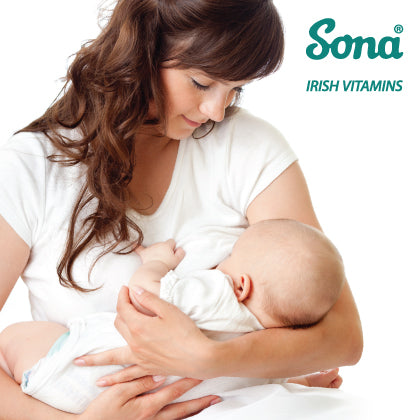
Breastfeeding, even partially alongside formula feeding, changes the chemical makeup -- or metabolome -- of an infant's gut in ways that positively influence brain development and may boost test scores years later, suggests new research.
"For those who struggle with exclusively breastfeeding, this study suggests your baby can still get significant benefits if you breastfeed as much as you can," according to senior author Tanya Alderete, an assistant professor of integrative physiology at Colorado University Boulder.
A health report card for the gut
For the study, the research team examined what is known as the "faecal metabolome" -- the diverse collection of metabolites found in the gut and shed in poop. Metabolites are small molecules that are produced by gut bacteria as a byproduct of metabolizing food and make their way into the bloodstream, impacting the brain and other organs.
Breastmilk, formula and solid food also contain metabolites.
While scientists have long studied our resident bacteria, or microbiome, to better understand human health, the emerging field of "metabolomics" goes a step further.
Researchers say, ‘Looking at the gut microbiome tells us which bacteria are there, while looking at the faecal metabolome can help tell us what they are doing,"
The study, based on samples from 112 infants at 1- and 6-months found that the samples from infants in different feeding groups contained significantly different levels of metabolites.
For instance, at 1 month old, 17 metabolites were more abundant the more a baby was breastfed, and 40 were more abundant the more a baby was formula fed.
When looking more closely at specific metabolites, the researchers identified 14 that were also associated with differences in test scores at age 2.
With only one notable exception, caffeine, the more metabolites associated with breast milk a baby had in their stool, the better they did on cognitive tests as toddlers.
The more metabolites associated with formula feeding they had, the worst they did.
"The consistency of these results is striking and supports the benefits of breastfeeding as much as possible in early life," said Alderete.
Not all or nothing
The World Health Organization recommends that infants be exclusively breastfed for the first six months of life, but in Western countries, on average only 63% of infants are exclusively breastfed immediately following birth. By six months, only a quarter of U.S. babies for example are exclusively breastfed.
The advice to new parents having trouble breastfeeding exclusively: Don't give up. It doesn't have to be all or nothing.
Just increasing the proportion of breastmilk relative to formula may have a positive impact on your developing child.
Source: University of Colorado at Boulder. "Breastfeeding alters infant gut in ways that boost brain development, may improve test scores." ScienceDaily.
13 December 2023.
